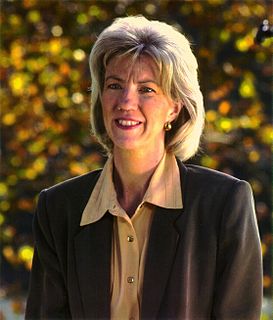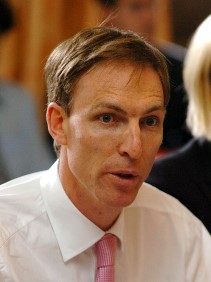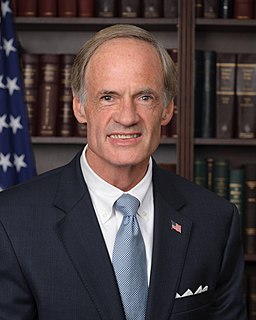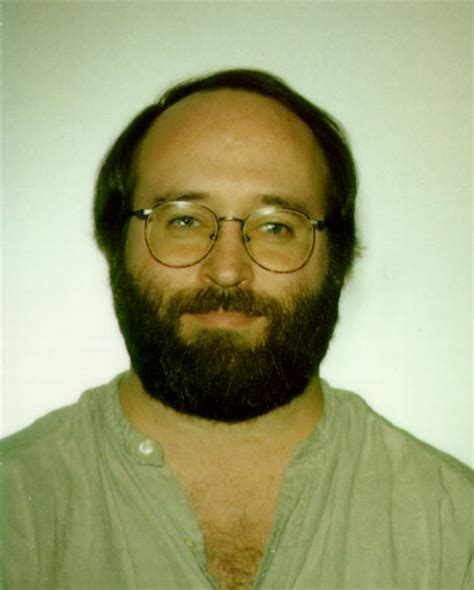A Quote by Gale Norton
I spend a year at the Hoover Institute at Stanford, researching market approaches to air pollution control.
Related Quotes
The Los Angeles Air Pollution Control Board is established in 1946 in an effort to discover the cause of the brown cloud hanging over the city and decide how to combat and disperse it. In 1949, after intense lobbying from both the automobile and oil industries, and against the recommendations and position of the Los Angeles Air Pollution Control Board, the public rail system, which at one time was the largest in the world, and still serves a majority of the city's population, is decommissioned and torn out. It is replaced by a small fleet of buses.
The American Petroleum Institute filed suit against the EPA [and] charged that the agency was suppressing a scientific study for fear it might be misinterpreted... The suppressed study reveals that 80 percent of air pollution comes not from chimneys and auto exhaust pipes, but from plants and trees.
In my home state of Delaware, we've done our homework and worked hard and, as a result, we've made great strides in cleaning up our own air pollution. Unfortunately, a number of the upwind states to the west of us have not made the same commitment to reducing harmful pollution by investing in cleaner air.
... laws governing pollution tend to move pollutants from one medium to another. So, for example, we scrub SO2 from power plants only to dispose toxic sludge on land. We "clean" water only to disperse toxic-laced solids on farmland or landfills. Pollution control becomes a kind of giant shell game by which we move pollutants between air, water, groundwater, and land.




































